Jun 24, 2025
We all have it. It doesn’t stop. There is certainly more coming.
So, here’s the question, do we really get through it in one piece? Seemingly yes, but how do you know?
Society will tell you “As long as you don’t have symptoms, you're fine”. Most of us know that’s not the whole truth.
When stress hits, the first level of change happens in the BRAIN. Specifically, the frontal lobe. 🧠
Let’s talk about what happens there:
Your frontal lobe is your brains executive center. It regulates focus, emotional control, immune coordination, and motor planning.
Now, some of you all reading this might still think you come here for low back pain or a symptom of sort. The truth is you came here for cortical reprogramming.
Fancy I know, but Picture this:
You have a day that was so filled with STUFF that you are wildly stressed the night before. You run all day from one thing to the next, and when you finally get home, it’s kid/family mode time. Your head is still spinning from your day, yet there you are cooking, feeding, eating (if you’re lucky) bathing, and bedtime routine. Finally, your spouse goes to bed, and you can’t seem to shut your brain off. You finally crash after the comedown happens and you wake up to an alarm only to feel exhausted.
For some of you, I just described your Tuesday 😂
The important thing to grasp is that days like this are an example of how stress and circumstances create imbalances in your body’s natural ability to function by shifting your physiology.
The real issue at hand is we normalize. We say things like; this is only short term. Yet, over the years we have had countless days like this, and it has become a CHRONIC LEARNED BEHAVIOR.
So, again, how do we know?
With advanced technology today, there are multiple ways of measuring body output and how stress plays a role.
Some choose advanced forms of blood work which gives insights into inflammatory biomarkers and biological age predictors.
But before we see change in bloodwork, we see change somewhere else first…
Others use sleep/fitness trackers that monitor deep and REM cycles of sleep along with giving us a “readiness” score for the day. From there they try to modulate lifestyle enough to make positive changes.
But health isn’t eating and exercising alone.
What I believe is the most accurate form of measuring adaptation, is looking at sympathetic and parasympathetic tone.
At the premier life…
We’re always striving to deliver the highest level of care by helping you better understand how your body is functioning, especially when it comes to your nervous system, which is the master control system of the entire body and where stress impacts the body FIRST.
That’s why we’re excited to share more about the powerful technology we use in the office every day: INSIGHT Scans. These scans give us a clear, objective look at how your nervous system is adapting to stress and where imbalances may be affecting your health and healing.
One of the key metrics we look at is something called Heart Rate Variability (HRV). HRV is a measure of the balance between your sympathetic nervous system (your “fight or flight” response) and your parasympathetic nervous system (your “rest and repair” state). In a healthy, well-adapting nervous system, there is a dynamic balance between these two states.
When your body is under prolonged stress—physically, chemically, or emotionally—this balance can shift. Over time, that can lead to fatigue, poor sleep, brain fog, slow recovery, and a variety of other health challenges.
HRV allows us to see how well your system is regulating, recovering, and adapting—even before symptoms show up.
This is a trackable pattern,
Zone 1: stress out
Zone 2: wired but tired
Zone 3: exhausted
Zone 4: disease process
With regular scans, we’re not just guessing—we’re tracking how your body is changing and responding to the care we provide.
Higher HRV often means your system is becoming more adaptable and resilient.
Lower HRV tells us your body may be stuck in stress mode, or (low power mode) and that we need to stay focused on helping your nervous system regain balance.
This is the heart of what we do: increasing the resilience of your nervous system and helping your body function at its best so you can adapt to stress, heal more efficiently, and live more fully.
If you have questions about your most recent scan or want to learn more about how HRV relates to your health goals, please don’t hesitate to ask any member of our team. We’re here for you every step of the way.
Love you guys, Dr. Matt Horn

